The mid 1960s represented what Charlie Greene refers to as “the golden years” for black student athletes at the University of Nebraska.
One of the most decorated football players in school history, offensive guard Bob Brown, played on the first of four straight Big Eight Conference football title teams, in 1963, and earned All-American honors. He played on Nebraska’s first victorious bowl team.
Stuart Lantz twice earned first team All-Big Eight honors and scored 1,266 points over a three-year career, helping the Nebraska basketball team to a breakthrough 20-5 season in 1965-66, when the Huskers rose to a No. 8 national ranking, and to the program’s first postseason appearance in 1966-67.
And then there’s Greene, who came to Nebraska to do what he was supposed to do: Run really fast.
“In athletics, you are a student-athlete, and the reason they brought you here is to do what you did in high school, and what I did was I ran fast,” Greene said. “And they bring you here to help the team win.”
Greene won a team-record six national titles for the Huskers from 1965 through 1967. He netted NU’s first-ever individual indoor national championships by earning three consecutive 60-yard dash titles beginning in 1965. He also accomplished the feat outdoors in the 100-yard dash during the same three-year period.
A seven-time All-American and 11-time Big Eight champion, Greene tied the world record in the men’s 100-meter dash at the 1968 Kansas Relays with a time of 10.0 seconds. He also ran on the Unites States gold medal-winning 400-meter relay team in the 1968 Olympics in Mexico City.
Unlike some other black student athletes in the 1960s, Greene came to Lincoln from a predominately white, all boys high school.
“When I came to Nebraska, I liked it here,” Greene said. “There wasn’t anything I wasn’t able to deal with. A couple of my track teammates treated me really well and they found out I could run really fast, and then they realized I could be great.”
Greene, the first men’s track and field athlete to be inducted into the Nebraska Athletics Hall of Fame, in 2015, said he always had what he needed at Nebraska. He feels it’s his responsibility, especially as we celebrate Black History Month in February, to explain to the younger generation his experience at Nebraska.
“Nebraska provides African American students-athletes the opportunity to prove to yourself that you can accomplish things,” Greene said. “There are people here who are really interested in helping you, the coaches, academic services, life skills, etc. Overall, Nebraska has always been a good place for African Americans to go to school. Here you can make yourself into the man or woman that you want to be.”
When Greene came to Nebraska, he participated in ROTC, because as a land grant university, all male students were required to do so for the first two years of school. The last thing he expected, at the time, was that he wanted to be in the Army.
“But by the time I was a junior, I signed up to be an officer, and went to grad school after I graduated,” Greene said. “And then I went into the Army for the next 20 years. And it all happened because of people in Nebraska encouraged me. Being in the Army, clearly, was one of the best things that ever happened to me — other than going to the University of Nebraska.”
Greene retired as a Major, and he will tell any young people that being in the Army will “complete their education as a citizen of the nation.” Greene was stationed at the American Embassy in South Korea, in Berlin behind the iron curtain and at the United States Military Academy at West Point for five years.
“Things that I had never heard of really made a difference in my life and showed me that running fast is not the only thing in the world,” Greene said. “You have to be a citizen of the world and a citizen of America.”
As we continue to celebrate Black History Month in February, former Huskers Charlie Greene and Albert Maxey share their experiences, and say fraternity Kappa Alpha Psi helped adjustment.
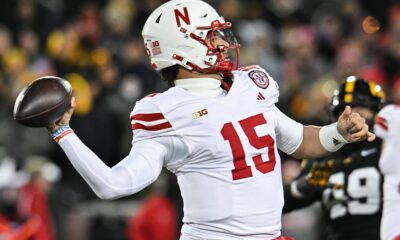

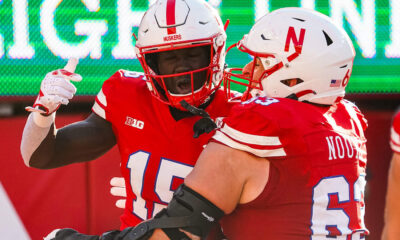

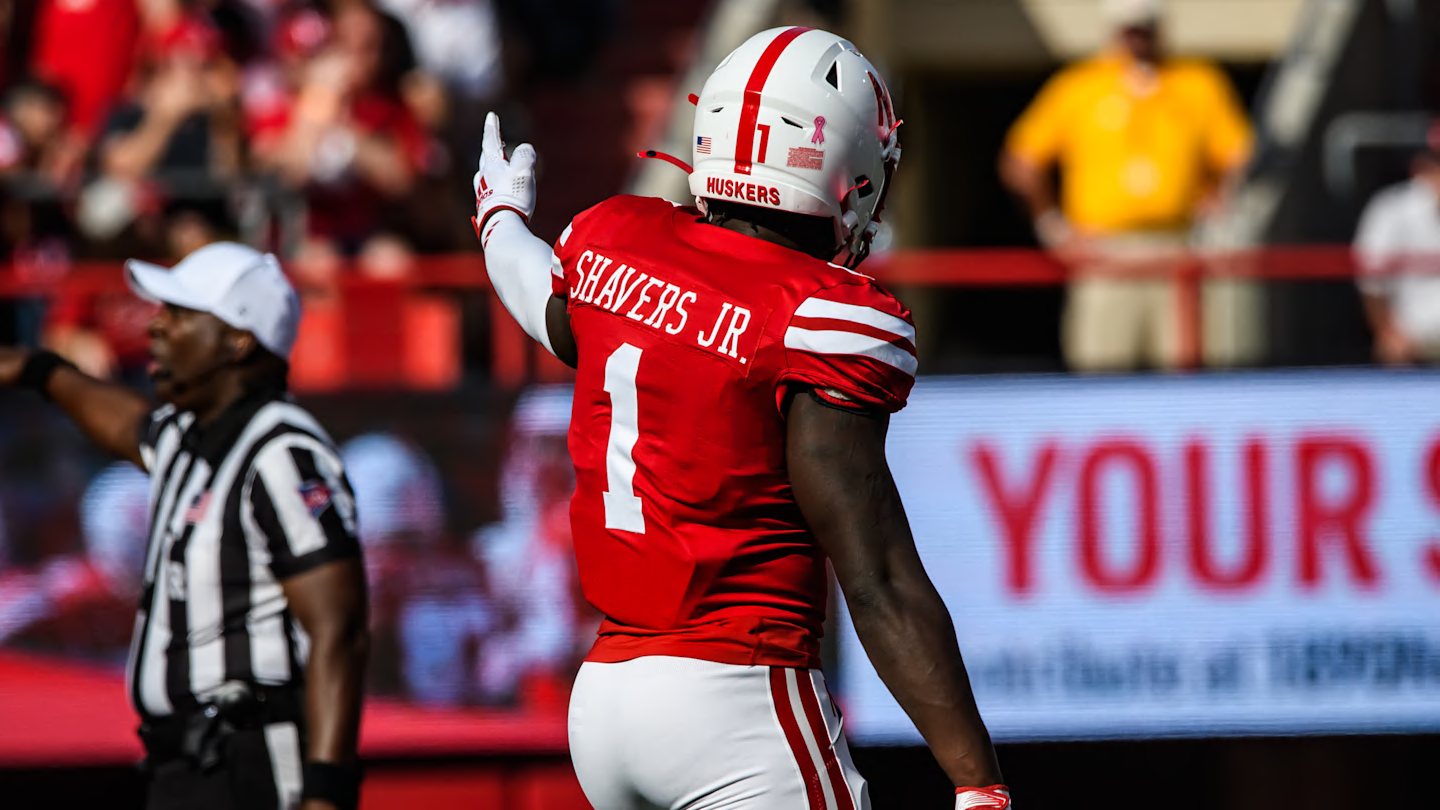

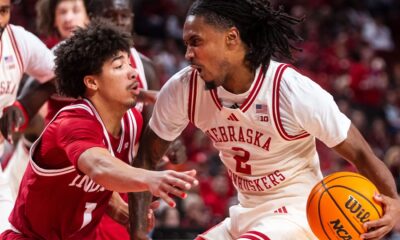

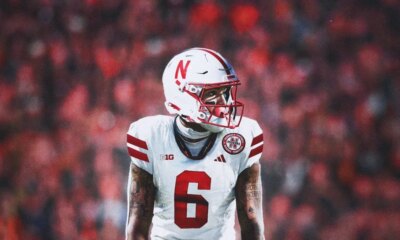



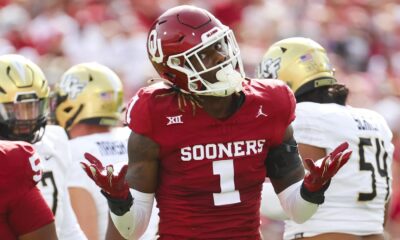

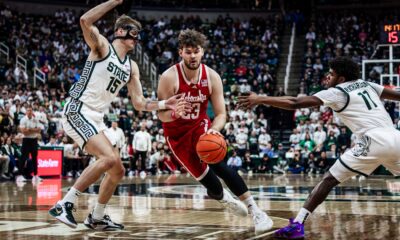

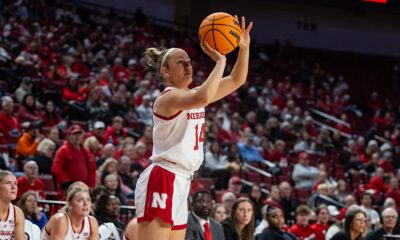





You must be logged in to post a comment Login